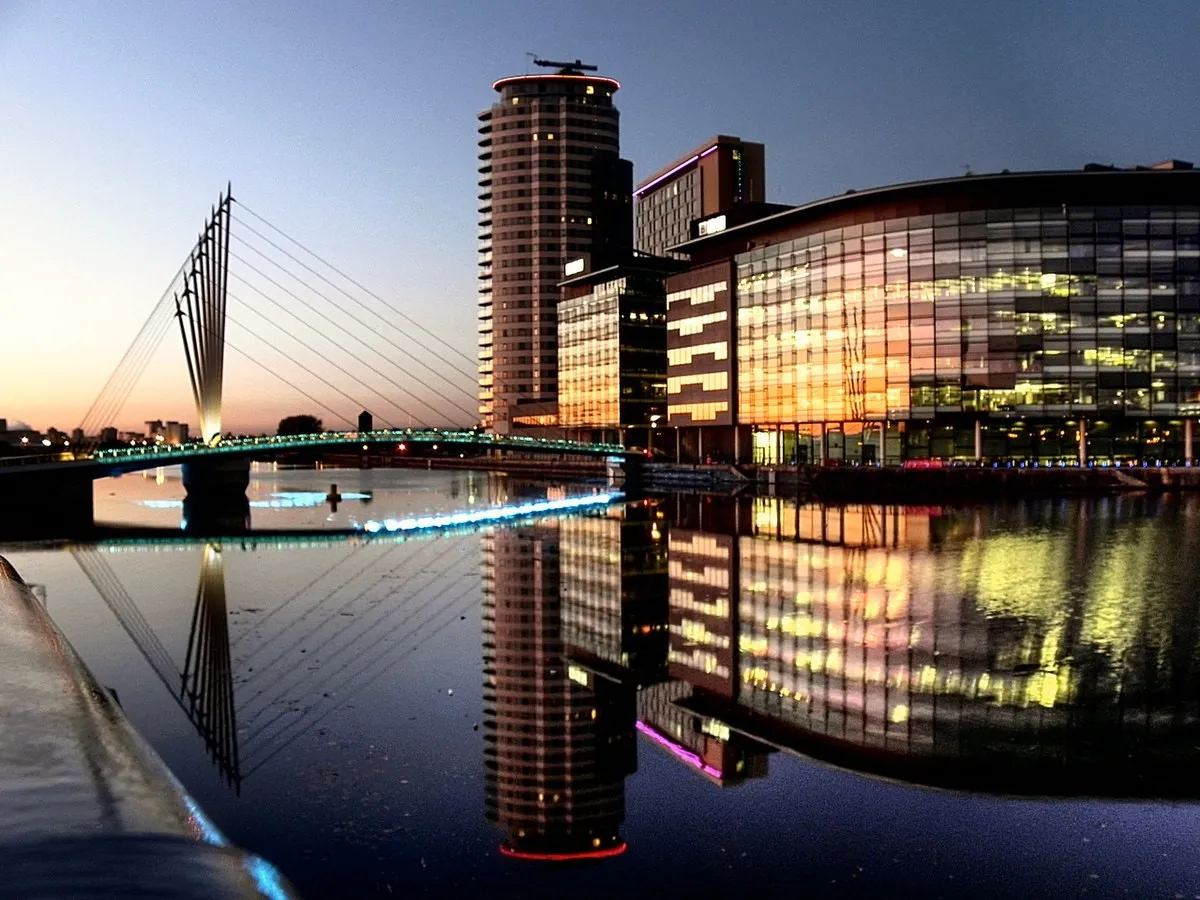The
The eight-week project will allow the technology companies to introduce products to New York’s transportation agencies which are expected to improve subway and bus services.
Participants will employ predictive maintenance to help reduce cost and subway delays, deploy a platform for transit network planning, utilise computer vision to reduce bus lane blockages, apply sensors to address platform crowding and use tools to predict subway delays.
The MTA will evaluate the products and carry out a one-year pilot on the technologies which it finds to offer the best solutions.
Companies selected to provide solutions to better predict and prevent subway delays include:
• Axon Vibe: a smart mobility platform that analyses and predicts real-world passenger travel patterns by utilising smart phone data. The solution helps public transport agencies deliver personalised communications regarding transit-related delays, incidents and third-party offers to passengers through a smartphone app while complying with privacy.
• Veovo: uses a mix of sensor technologies and cameras to analyse a number of people in an area. The technology is expected to predict if dangerous crowding conditions in a train station are likely to occur and report it back to transit operational centres.
Participants chosen to help buses move faster and more efficiently include:
• Palisade Labs: applies computer vision technology to the footage captured by forward-facing cameras on MTA buses to assess the obstructions in dedicated bus lanes. The technology identifies vehicles as well as number plates, which can be reviewed by traffic enforcement authorities to improve bus speeds and more efficiently allocate traffic enforcement resources.
•
• Preteckt: delivers predictive diagnostics using the raw sensor data collected by a telematics system. The device helps fleets avoid service interruptions while making it easier for mechanics to diagnose problems.
• Remix: helps cities and agencies in optimise public transit routes and networks. The company’s platform displays information on new mobility, bus and subway routes and demographic and collision data. Planners can use the solution to redesign streets and transit.
Transit Tech Lab is being managed by the non-profit Transit Innovation Partnership and the Partnership Fund for New York City, the investment arm of the Partnership for New York City.
MTA announces finalists for Transit Tech Lab in New York
The Metropolitan Transportation Authority (MTA) and non-profit organisation Partnership for New York City have announced six finalists for the inaugural Transit Tech Lab programme.
The eight-week project will allow the technology companies to introduce products to New York’s transportation agencies which are expected to improve subway and bus services.
Participants will employ predictive maintenance to help reduce cost and subway delays, deploy a platform for transit network planning, utilise comp
February 27, 2019
Read time: 3 mins









